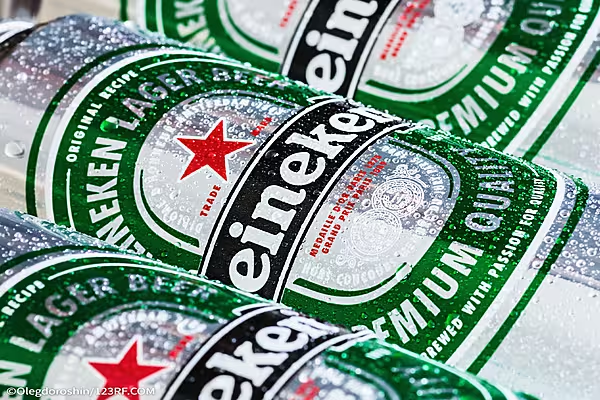The Drinks Industry Group of Ireland (DIGI), ahead of Budget 2019, is calling on the Government to reduce Ireland’s high alcohol excise tax.
Ireland ranks second in the EU’s ‘Big 4’ for overall alcohol excise tax, according to a new report authored by DCU economist Anthony Foley and published today by the DIGI, the umbrella organisation for the Irish drinks and hospitality industry.
The Big 4
The Big 4 consists of Finland, Ireland, Sweden, and the UK, all of which have disproportionately high alcohol excise tax compared to other countries in the bloc.
The country after the four with the fifth highest alcohol excise tax, Estonia, has a rate almost 50% lower than Ireland’s and 33% lower than, the UK only one spot ahead of them.
While a tax cut would give more money back to consumers and small business owners, DIGI said, the group also describes it as a ‘defensive measure’ in the face of internal and external threats to competitiveness and revenue generation.
“The drinks and hospitality industry is one of Ireland’s most important,” said Rosemary Garth, Chairperson of DIGI and Communications and Corporate Affairs Director at Irish Distillers.
“Together, manufacturers, distillers, brewers, pubs, off-licences, restaurants, hotels the length and breadth of the country generate €2.3 billion in revenue for the Exchequer every year.”
Irish Taxes
The report, 'Alcohol Excise Tax in Europe: Where Does Ireland Rank?', is the latest in a series of reports examining Ireland’s drinks industry and its contribution to the economy.
When broken down by drinks category, Ireland has the highest excise tax on wine, the second highest on beer and the third highest on spirits.
In addition to an excise tax, VAT is also charged on alcohol at a rate of 23% - VAT is charged on the price plus excise.
Garth emphasised that as the market becomes more competitive, and events like Brexit exert pressure and pile on risk, that income is no longer guaranteed.
She said that while Irish drinks businesses are excellent innovators, “there is only so much they can achieve while shouldering the second highest excise tax in Europe”.
“A smaller tax would allow businesses to spend more money on expanding into new markets, developing new goods and services, refurbishing and expanding premises, and creating new jobs,” Garth added.
“Having fewer obstacles in the way of growth and innovation is especially important if British tourism and patronage slows in the event of a no deal Brexit.”
© 2018 Checkout – your source for the latest Irish retail news. Article by Aidan O’Sullivan. Click subscribe to sign up for the Checkout print edition.









